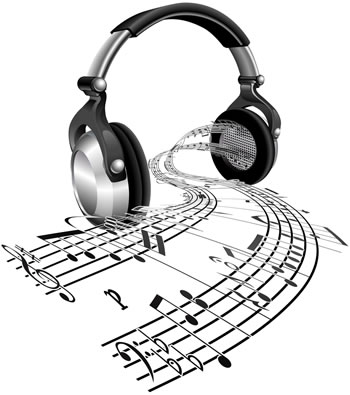Subscription music services let you enjoy a buffet of tracks without the hassle or expense of buying individual songs or albums while producing billions in revenue for record labels, but the arrangement apparently isn't so great for the folks who create your favorite tunes.
Speaking on Twitter, Josh Davison of the band Parks and Gardens revealed that his group earns less than a penny for each song streamed on Spotify ($0.00966947678815, to be exact).
Although it isn't exactly in the same class of services as Spotify, Davison also noted that Parks and Gardens earns $0.0030526797710 per unit from iTunes Match, a subscription offering launched last November that lets you add songs from third-party sources to your iTunes account, making them available as high-quality 256kbps AAC files.
Because you must acquire the music – perhaps by purchasing a CD – before it can be imported, some believe that folks like Davison should be happy to have iTunes Match as a "bonus" income. Regardless, the underlying concern remains unchanged: artists presumably earn a fraction of the amount that Apple pays record labels to run iTunes Match.
It's estimated that the company paid the music industry about $3.2 billion in 2011 for operating iTunes, while Spotify is said to be the second-largest revenue generator for labels and could become their biggest within two years.
Shortly following Davison's tweet, HoneyBoy Dupree developer Scott Buscemi also shared figures confirming that Spotify, Rhapsody and iTunes Match pay less than a penny per stream. Songs by Parks and Gardens must be listened to between 5,171 and 15,127 times before they break even on distributing costs for iTunes Match and Spotify – easier said than done for lesser-known artists. Davison said his band gets "very few" streams.
Davison's tweets have sparked debates about the nature of Spotify-like services. Some argue that artists should be thankful to earn anything at all from streaming services because, as with radio, they are promotional tools to drive sales of CDs, concert tickets and other merchandise. Others counter by noting that, unlike radio, subscription services let listeners control what's playing and when, eliminating the need to purchase songs and albums.
